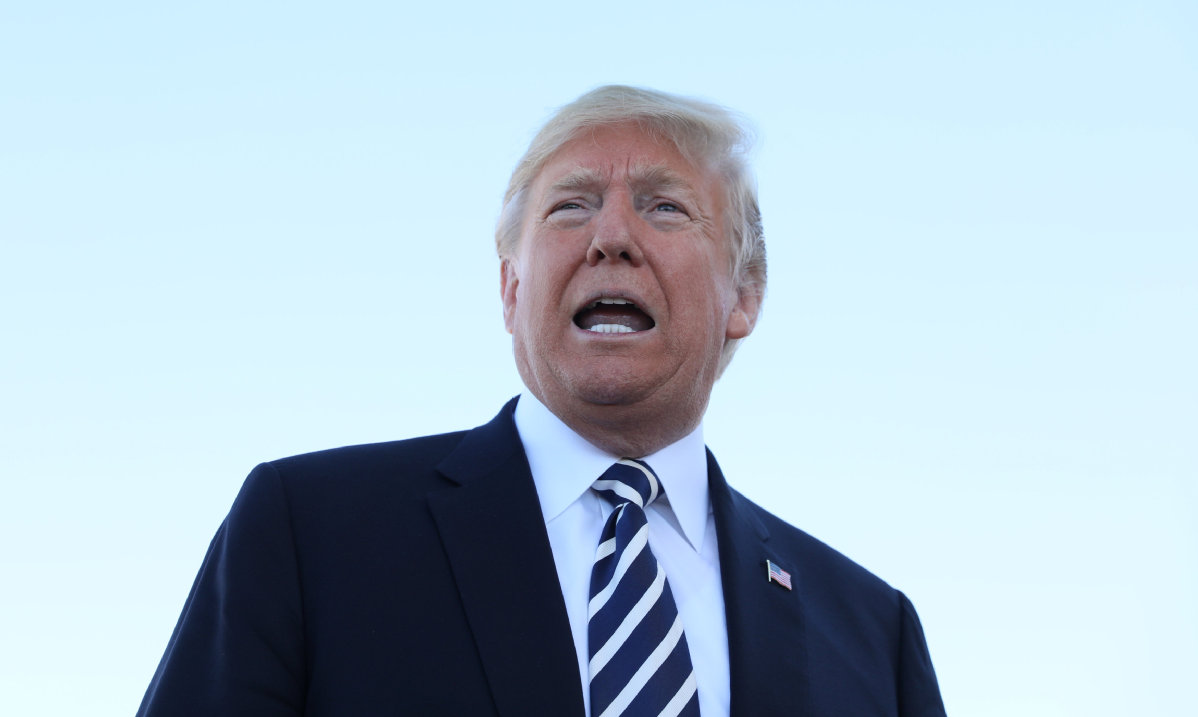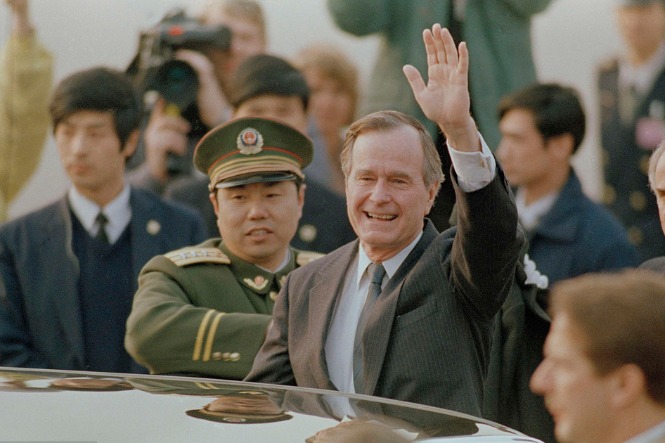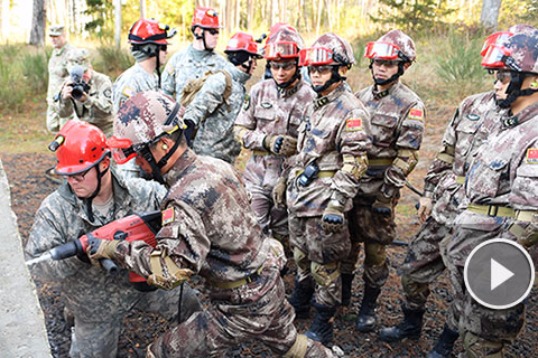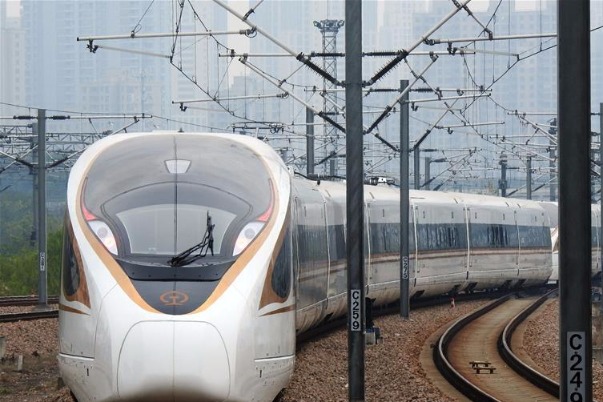US withdrawal from INF will open Pandora's box: China Daily editorial

It is to be hoped that United States President Donald Trump's threat to withdraw from the Intermediate-Range Nuclear Forces Treaty is merely to woo votes in mid-term elections, or to exact concessions from Russia.
For if he does dismantle the historic treaty, the US president will be removing a crucial cornerstone of post-Cold War nuclear security regime, and truly opening a Pandora's box of troubles.
The 1987 treaty, which bans ground-launched nuclear missiles with ranges from 300 to 3,400 miles, put an end to a dangerous US-Russia nuclear standoff in Europe, and led to nearly 2,700 short- and medium-range missiles being eliminated. It has not only saved both signatories a costly and hazardous nuclear arms race, but offered reliable protection for the US and its allies in Europe and the Far East.
That is why NATO defense ministers issued a joint statement that describes the INF as "crucial to Euro-Atlantic security", and reiterated they remain "fully committed" to the "landmark arms control treaty", despite their concerns about Russia's latest missile capabilities.
That is also why some worried observers have called the prospect "the most severe crisis" in global nuclear arms control since the 1980s.
Should Trump pull the US out of the treaty, doubts will naturally arise whether the other significant US-Russia nuclear arms reduction treaty, the 2010 New START, which limits the number of deployed strategic warheads, will survive when it expires in 2021.
If the US withdraws from the INF, it will immediately reactivate a potentially lethal nuclear faceoff with Russia, with the US' NATO allies finding themselves again exposed to a direct nuclear threat from Russia.
And the domino effect will not stop there. Despite it being a bilateral treaty, Trump cited China among the reasons he was pulling the US out of the agreement. The hostility he has adopted toward China means that it will also feel the need to enhance its missile deployment.
Both Washington and Moscow have lodged similar complaints. Since both have questions about the other's honesty, they should resort to the inspection and verification procedures both had agreed to in the treaty and straighten things out.
As to US security concerns involving China, Beijing, too, has a lot to discuss with Washington, especially under the current circumstances, with deepening and broadening mutual distrust.
But that has nothing to do with the US-Russia INF Treaty, and should be handled independently.
Mixing the two essentially unrelated matters will do nothing except worsen strategic mistrust and breathe further life into a new Cold War.


















